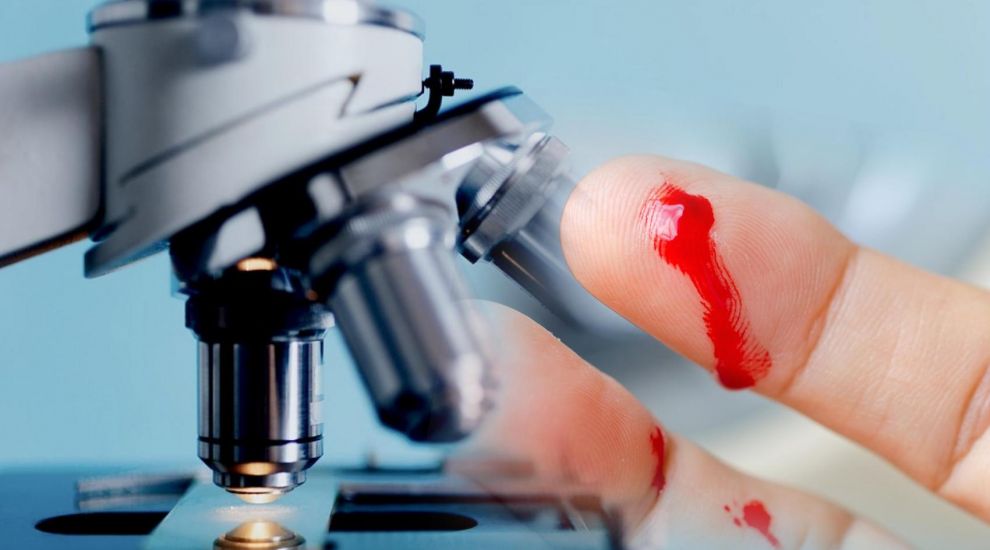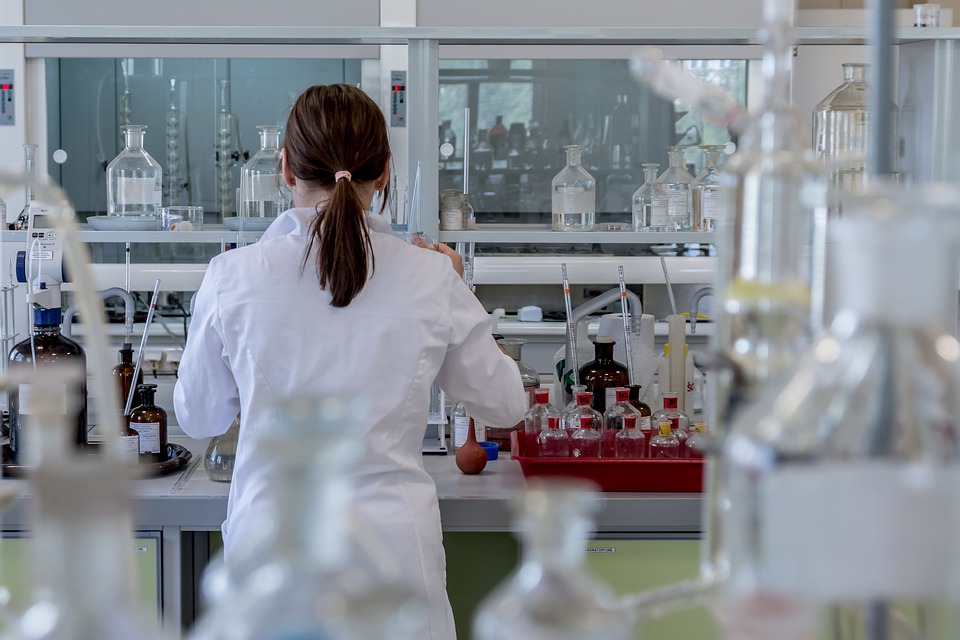

Doctors are exploring a ground-breaking new gene therapy for Jersey sufferers of a rare bleeding disorder that could alleviate their symptoms for up to 10 years – or potentially even offer a cure.
Islanders with severe haemophilia – a condition that means their bodies do not produce enough of a certain protein needed to stop bleeding, even from small injuries – currently have to self-inject blood clotting agents into their veins three to four times a week.
Not only is the process cumbersome for sufferers, but it is expensive: current therapy for the condition can cost the Health Department up to £150,000 per patient per year.
But now a new, more economic solution, which has been described as a “leap” in the direction of a cure, has become available.

Pictured: Haemophilia is a condition where blood doesn't clot correctly, and can cause sufferers to bleed from small injuries.
Known as gene therapy, the treatment involves helping the body to produce a “missing” gene.
Explaining it in more depth, Dr Chris Mattock, Consultant in Haemotology and Blood Transfusion, told Express: “Diseases caused by an inherited defect in a single human gene are potential targets for cure through gene therapy.
“The bleeding diseases of severe Haemophilia A and Haemophilia B have been at the forefront of gene replacement clinical trials, which in the past three to five years have moved from the laboratory into clinics. Jersey Haemophilia Group has helped fund some of this research into haemophilia gene therapies.
“For Haemophilia, the therapy involves inserting the missing human gene into a friendly virus. Millions of adapted virus particles are then grown in test tubes and administered by one-off drip therapy to the patient. The friendly virus then homes to healthy liver cells. The healthy liver continues as normal but doubles as a factory by producing copies of the missing gene which makes the blood clotting chemical of either Factor 8 or Factor 9.”

Pictured: Gene therapy treatment helps the body produce a "missing gene".
Companies across the US and Europe are now in the process of refining this technology, which means that it could soon become a routine treatment option for sufferers of haemophilia.
Dr Matlock said that the current “price tag is between £300,000 and £1,000,000 per treatment”.
But while this may sound costly at first glance, Dr Matlock explains: “A one-off £500,000 therapy that lasts at least ten years - possibly indefinitely - is therefore potentially cost-effective for Health Services over the medium term, hence the strong commercial interest from suppliers.”
Such therapy would also vastly improve the quality of life for local patients.
“Gene replacement would also mean that severe Haemophilia patients will no longer have to self-inject blood clotting agents into their veins three to four times a week,” Dr Matlock said.
Gene therapy for sufferers of Haemophilia A has been refined over a number of years.

Pictured: The treatment would be more "cost-effective" for the island's health service, Dr Matlock said.
In December 2017, the NHS said that a trial of the therapy by researchers across hospitals in Birmingham, Cambridge and London on nine men had shown encouraging results.
Professor John Pasi, who led the trials at Barts and Queen Mary University of London, at the time went so far as to describe them as “mind-blowing”.
"To offer people the potential of a normal life when they've had to inject themselves with factor VIII every other day to prevent bleeding is transformational,” he said.
One participant, Jake Omer from Essex, who recalled bleeding for days after losing his teeth as a child, described the results as feeling like he had a new body in an interview with BBC News.
Doctors are drawing up a list of Jersey patients with severe patients to consider for “selective deployment of gene therapy”.
“…Although for technical reasons current gene therapy is not appropriate for all severe Haemophiliacs,” Dr Matlock added.
Comments
Comments on this story express the views of the commentator only, not Bailiwick Publishing. We are unable to guarantee the accuracy of any of those comments.